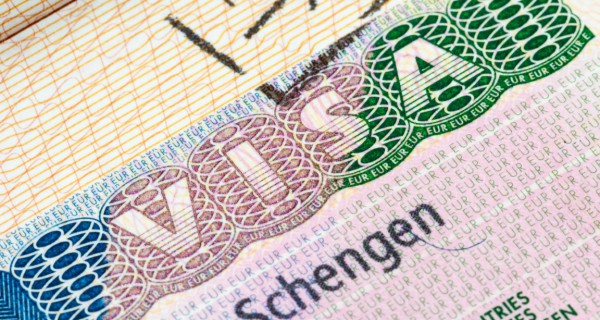The search year permit: the application in a nutshell

Foreign students who would like to look for work in the Netherlands following the completion of their studies may apply for a special residence permit. It is possible to apply for this residence permit up to 3 years after your graduation. On obtaining this residence permit, you can seek work for one year without needing a further work permit. If, within that year, you find employment that allows you to stay in the Netherlands, you may then convert your residence permit.
Conditions
The most important conditions at a glance:
- You have in the past three years:
- Completed a bachelor or master program in the Netherlands; OR
- Completed a postgraduate course in the Netherlands; OR
- Conducted scientific research in the Netherlands; OR
- Completed a master's or postgraduate course abroad at a foreign educational institution which, at the time of graduation or successful completion of PhD studies, was included in the top 200 of the general higher education rankings or, alternatively, in the top 200 of the available rankings per subject area.
- You have not previously had a Search Year residence permit based on completing the same education, the same PhD trajectory or the same scientific research as previously outlined.
Additional conditions may apply. Please contact us if you have any questions.
Permit validity period
This residence permit is valid for a maximum period of 1 year.
The application procedure
Mynta Law can prepare and process the application on your behalf. The application procedure is in most cases as follows:
Step 1: Choosing the right application
Mynta Law can help you and your referent to quickly select the most appropriate request. This means that we determine which type of residence permit is the most suitable in your situation. We also assess whether you need a provisional residence permit (also called MVV), or whether you can apply for a full residence permit without an MVV.
Step 2: Submit the request and pay costs
The application is submitted in writing. In the application form you can indicate from which IND office you would like to collect your residence document once your application has been approved.
Step 3: The IND assesses the application and makes a decision
The IND assesses the application and checks whether you meet all the conditions. Assuming the application is correctly submitted, the IND must make a decision within 90 days at the latest.
If the IND rejects your application, we will of course inform you about your rights and about the possibilities to challenge the decision
Step 4: Completing the procedure
Once the application has been granted, you can pick up your residence document at the IND office you chose in step 2. If you have applied for an entry visa, you will also now be able to collect it. Finally, you may need to register with your municipality (City Hall). Mynta Law will assist you in all these practical matters.
Which documents do we need?
In order to be able to assess whether you are eligible for the residence permit, we need at least the following documents:
- A copy of your passport (all pages with stamps or visas).
- Your highest degree certificate.
It is possible that we will require more documents from you, depending on your specific situation.
Still have questions?
Feel free to ask your lawyer any questions you may have. If you are not yet a client and have questions, please feel free to contact us by phone (+31702051160) or ask your question via the contact form.
Gerelateerde artikelen
- Latest ECJ Judgment: Loss of EU long term stay permit due to absence?
- Overstay and entry ban: how does it work?
- Economically inactive visa for long term residents from other EU countries
- Dutch American Friendship Treaty: different forms of busness associations in the Netherlands
- Athlete permit: a visa for talented sportspeople
- Dutch American Friendship Treaty: a residence permit for American entrepreneurs
- New IND policy: residential address requirement for EU long term permit holders
- Two Types of Permanent Residence Permits in the Netherlands: This is What You Need to Know About Them
